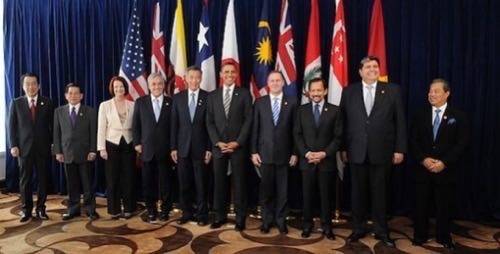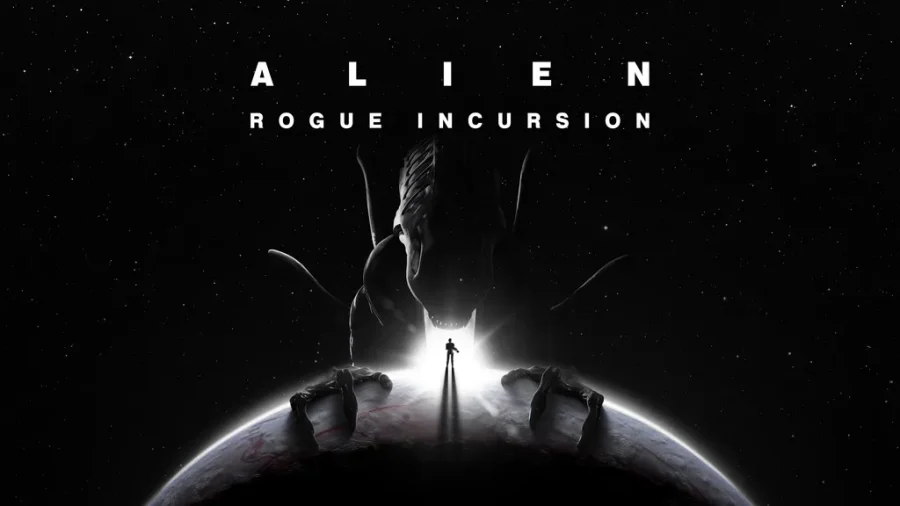
The Trans-Pacific Partnership (TPP) is the most influential piece of recent legal work you’ve probably never heard of. Can a Free Trade Agreement really threaten Internet freedom, redefine copyright and alter the course of global healthcare? You bet.
What The TPP Is
According to the Office of the United States Trade Representative (USTR) and other participating or negotiating members, the TPP is just another Free Trade Agreement (FTA). Like most FTAs, the TPP regulates tariffs and duties and sets standards for trade among member countries. Unlike most FTAs, though, the TPP imposes additional standards on Intellectual Property (IP) law, including some that are more extensive and severe than any currently on its member countries’ books.
In its TPP FAQ, the feds justify the deviations from FTA norm by claiming the modern world has changed the game:
The Administration recognizes that the concerns that workers, businesses, farmers, and ranchers have today are different than those they had a generation ago. We intend to negotiate a high standard, regional agreement that addresses new and emerging issues, incorporates new elements reflecting our values and priorities, and responds to the 21st century challenges our citizens face.
What Might Work
If successful, the TPP could help the United States and its neighbors compete more effectively in ever-important Asian markets. In addition to securing a stronghold against economic bullying from China, the U.S. could use the TPP to gain access to lucrative agriculture markets in Japan and New Zealand, and reduce or eliminate oppressive import duties that have depressed exports. Other participants have similar goals. New Zealand, for example, is eyeing U.S. dairy markets.
Why The TPP Is So Scary
So what’s the problem? For starters, the whole negotiating process looks a little shady. In May, more than 30 legal scholars wrote a letter of protest to Trade Ambassador Ron Kirk over a lack of transparency. His response, essentially, was that it could be a lot worse. A few days later he asserted that the USTR had carried out “the most engaged and transparent process we possibly could,” though stories of discrimination against public criticism (like this bungle in Hollywood) didn’t help his case.
The bulk of the criticism centers around TPP’s Intellectual Property protections. On one hand, these protections impose copyright standards on member countries that are more extensive and punitive than current standards in any of the member states At the same time, it pressures Internet Service Providers in participating countries to filter their own Internet traffic for infringing material and enforce violations by blocking access to offending websites. In theory, a video mashup, a song cover or even some Harry Potter fan fiction could shut down an entire site. Taken to the extreme, it’s SOPA on a global scale, without a vote, minus the public scrutiny.

Concerns about excessive Intellectual Property protections extend beyond the digital world. Kensaku Fukui, a professor at Nihon University in Japan, is concerned that the TPP would give copyright holders complete and arbitrary control over “parallel goods” – licensed merchandise from multiple sources – which could disrupt established import/export markets. Want that rare import album? You might be out of luck.
Other impacts could be life-threatening. Twelve members of congress sent a letter to the USTR expressing concern that “long-term goals of public health and other programs in TPP countries would be challenged” due to increased costs for medications caused by an increased monopoly period in developing countries.
For more TPP criticisms, check out the Electronic Frontier Foundation’s topic page, or just check out the infographic:

Lead photo by Gobierno de Chile.
Container ship image courtesy of Shutterstock.





















